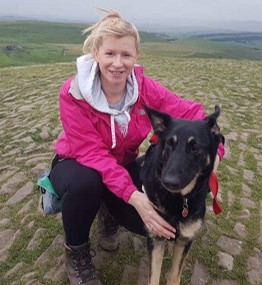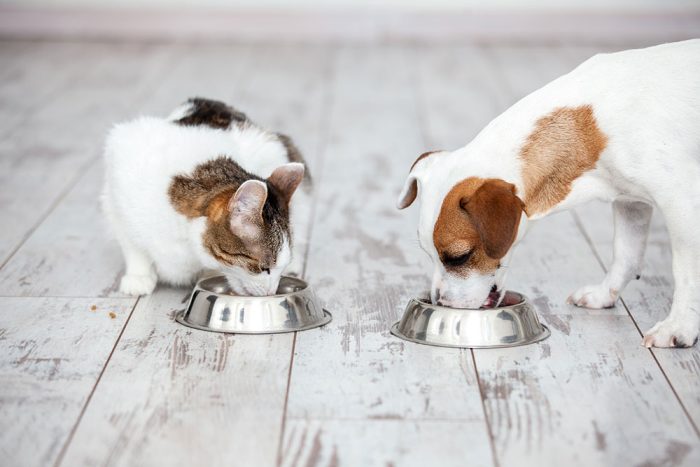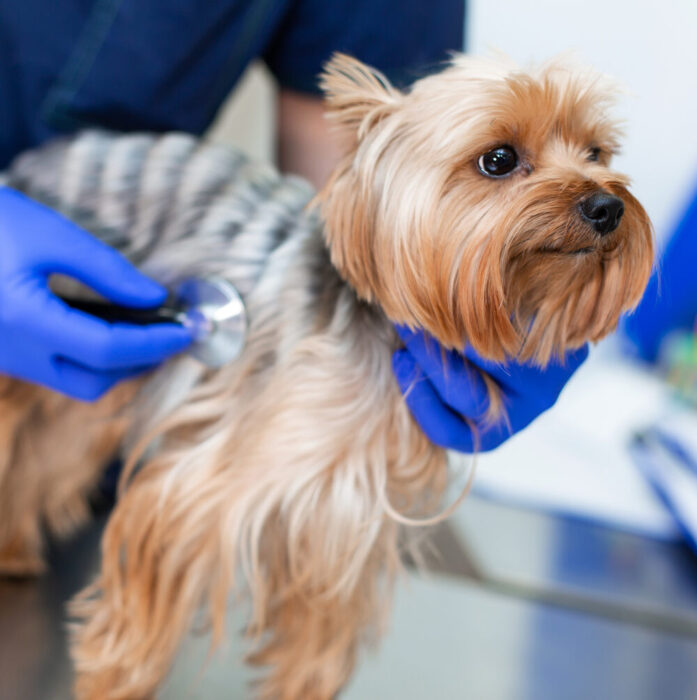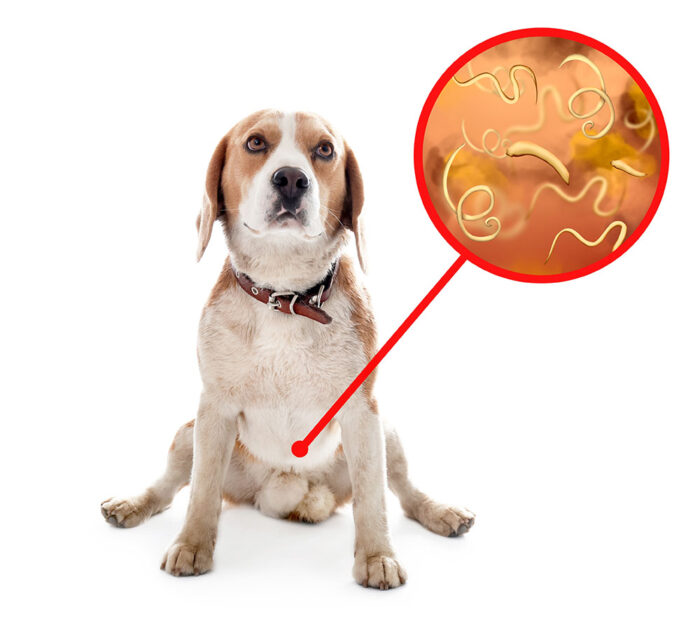RVNs deal with different types of laboratory samples every day in practice, and it is essential that they are trained in sample collection, handling and quality analysis to prevent degradation of the sample and laboratory error which can lead to inaccurate or delayed diagnosis and treatment. A good knowledge of laboratory values & understanding the importance of some key results can also play a large part in leading to improved patient care.
This learning series with Sophie McMurrough aims to give nurses the skills they need to play an active and engaging role in this rewarding part of practice life.
2 Hours CPD
£30.00 + VAT (Non-Member price)
0 +VAT (Member price)
Find out more about our Membership plansUnlimited Access
Subscribe now for unlimited access to all Central CPD On-Demand Content
Subscribe Now-
Description
Topics covered:
- Correct sample handling and its importance in reaching a diagnosis
- Common tests including renal and hepatic analysis
- Why tests are performed, what they mean and how they can be applied to nursing
- Microscope set up for in house use
- Blood smears
- Fine needle aspirates (FNA's) and punch biopsies
- Tips and tricks for successful blood sample collection
- Placement of male dog urinary catheter
-
In association with...

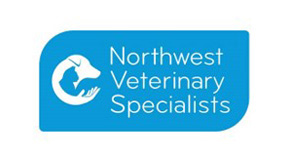
Related courses
Clinical Nutrition for Nurses
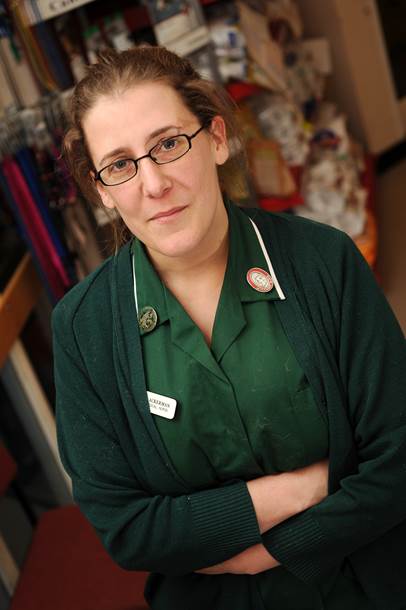
Nicola Lakeman
A five-part learning series with Nicola Lakeman. Veterinary nurses are perfectly placed to manage the nutritional requirements of inpatients, as well as give valuable advice to increasingly-confused clients about what they should actually be feeding their pets.
Beginning by looking at how to...
Nursing the Respiratory Patient

Laura Jones
Respiratory patients are commonly seen in practice, often presenting as high-risk complex cases with intensive care requirements. They can be incredibly challenging to nurse, but extremely rewarding, and allow the veterinary nurse to demonstrate a wide variety of skills. This learning series...
A Risk Based Approach to Parasite Control for Veterinary Nurses

Ian Wright
Strategies to limit parasitic disease rely on a combination of practical control measures and preventative treatments. A risk based approach to the use of preventative products is vital to safeguard animal and human health, while ensuring over treatment does not take place and it allows bespoke...
